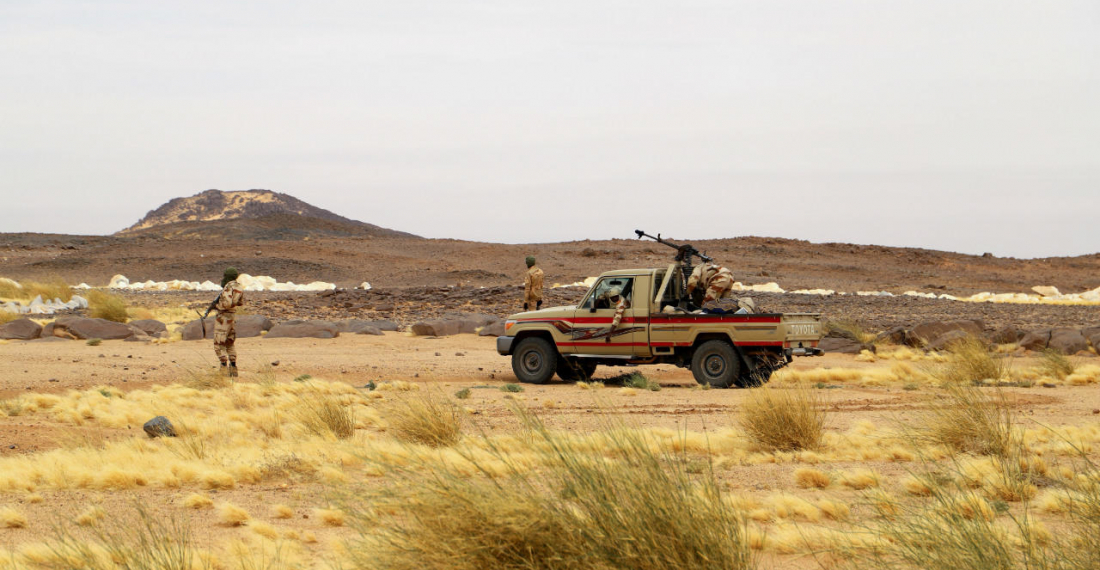ِThe United Nations Office for the Coordination of Humanitarian Affairs (OCHA) says 10,600 people have been displaced following the attacks on two villages in Niger's Tillaberi region earlier this month.
The attack last week claimed 105 lives, 73 in Tchombangou village and 32 in Zaroumadareye village. Hundreds of survivors fled the scene on foot, according to the UN. The Nigerien government provided initial support to the people affected, including food, medical supplies, health care services and financial assistance to the families of deceased civilians, OCHA said Thursday.
Following the attacks, the majority of internally displaced people found refuge in Mangaize village with vulnerable host families. More than 500 displaced children are now out of school, according to the U.N.
The Tillaberi region has been frequently targeted by terrorist groups based in Mali since 2017, with a state of emergency declared in the area. Niger, Burkina Faso and Mali in the Sahel are at the epicenter of one of the world's fastest-growing displacement and security crises.
Last month, at least 28 people were killed and hundreds more wounded in an attack, later claimed by the Boko Haram terrorist group, in Niger's southeastern Diffa region, the U.N. said.
The region is already hosting 851,000 refugees and nearly 2 million displaced people, according to the U.N. High Commissioner for Refugees (UNHCR).







